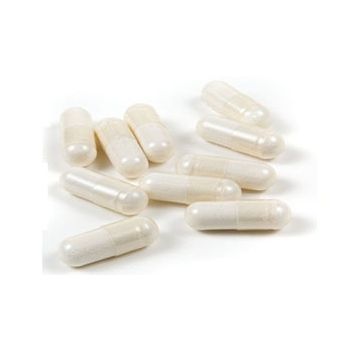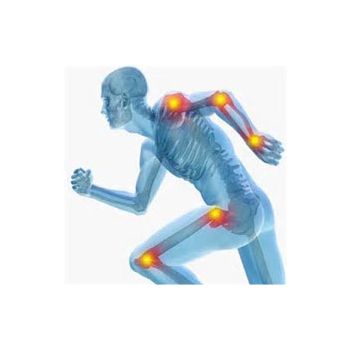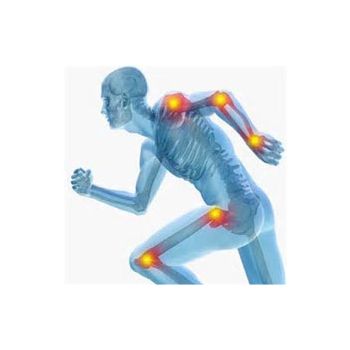In stock
Vitamin B2, Whole Blood LabCorp
SKU
2135-l
LabCorp Test #: 123220; CPT: 84252

This test measures the amount of riboflavin, also known as Vitamin B2, in your blood. Vitamin B2 is important for helping your body break down fats, proteins, and carbohydrates for energy. It also helps keep your eyes, skin, and nerves healthy.
| Why To Buy | This Vitamin B2 test checks your riboflavin levels, which is crucial for energy production and cell function, helping identify if a deficiency is causing your symptoms. Finding the cause(s) of:
|
|---|---|
| Symptoms | Anemia, Eye sensitivity, Fatigue, Mouth sores, Skin rash, Sore throat |
We found other products you might like!










